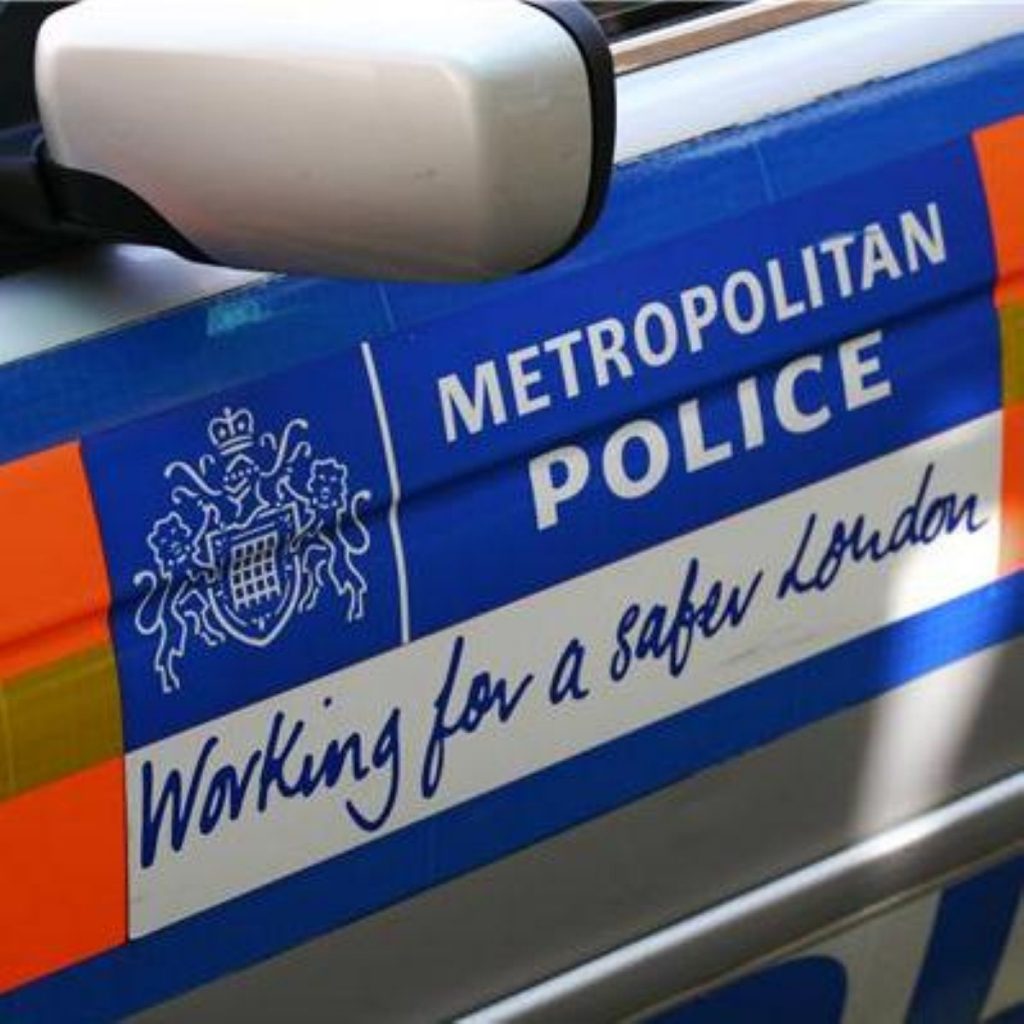Police in protest over pay
Up to 18,000 police officers have descended on London to protest at police pay.
Officers from police forces across the UK are taking part in a march and rally before forming a “mass queue” outside parliament to lobby MPs.
Police Federation chairwoman Jan Berry will conclude the protest by presenting a petition to Downing Street before a meeting with the home secretary.
The Home Office has refused to backdate a 2.5 per cent pay rise to September, in a move officers claim diminishes the value of the award to 1.9 per cent.


The Police Federation has been lobbying home secretary Jacqui Smith to reverse the decision, publicly stating they believe she has been wrongly advised.
It now plans to apply for a judicial review to challenge the government’s decision.
Ms Berry told MPs and police officers the application had been filed yesterday, placing further pressure on the government.
A Home Office spokesman said: “The government is grateful for the vital and hard work which police officers carry out.
“However, we also have a responsibility to ensure pay settlements are affordable and consistent with government pay policy, including the maintenance of low inflation.”
Gordon Brown maintains public sector pay awards must be below two per cent to prevent rising inflation.
Speaking during prime minister’s questions today, Mr Brown said he would have liked to have given all public sector workers their full pay award. But he argued that no benefits would have gone to the police if this had been wiped out by increased inflation.
The Police Federation has said it remains unconvinced by the government’s anti-inflationary argument.
The independent Police Arbitration Tribunal said the 2.5 per cent pay rise should be backdated to September, but only officers in Scotland have been able to claim the full award.
A number of backbenchers from all parties are reported to support the police’s claim.
Liberal Democrat leader Nick Clegg will address the rally and call on the government to pay the full pay award.
He will say: “The government must of course be responsible about public sector pay. We must consider the effects on inflation of pay deals. But what is the point of an independent review if ministers are going to ignore it?
“This is a matter of the basic covenant between the police and the state. Every officer here today, every officer in the country, has been treated with contempt by the government.”
The Police Federation does not have universal support, however. Critics claim police pay has risen above inflation in recent years while officers have failed to justify this with improved performance.
Scottish officers have joined the march in solidarity, along with some from the higher ranks such as superintendents.
Today’s action marks the first police protest for five years, when 5,000 officers called for more flexible conditions and better pay.
The Police Federation has warned officers to expect counter-protests, with the anarchist group Class War planning actions on its website.
Officers have been told to ignore taunts and “remember they have the moral high ground”.
“We do not want other people’s protests to become the story of the day,” guidance issued to officers read.









